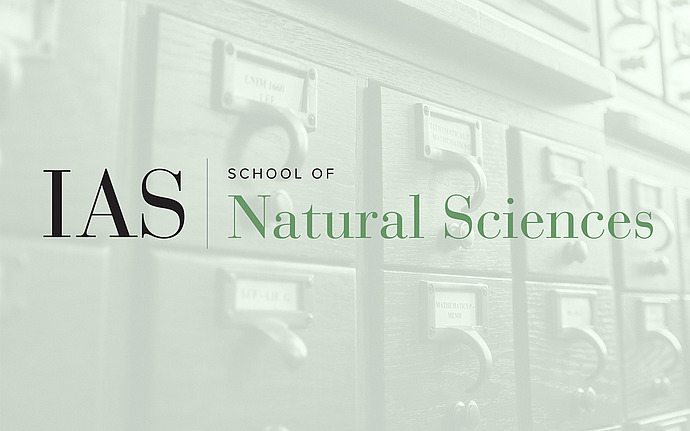
Princeton University Extrasolar Planet Discussion Group
Harnessing the potential of radial velocity exoplanet surveys
With dedicated exoplanet surveys underway for multiple extreme precision radial velocity (EPRV) instruments, such as the Terra Hunting Experiment on HARPS-3, the near-future prospects of RV exoplanet science are promising. These surveys' generous time allocations are expected to facilitate the discovery of Earth analogs around bright, nearby Sun-like stars. But survey success will depend critically on the choice of observing strategy, which will determine the survey's ability to mitigate known sources of noise and extract low-amplitude exoplanet signals. I present an analysis of the Fisher information content of EPRV survey simulations, accounting for the most recent advances in our understanding of intrinsic stellar variability on both short and long timescales (i.e., oscillations and granulation within individual nights, and activity-induced variations across multiple nights) and capturing the correlated nature of these signals with Gaussian Process kernels. I describe the physical interpretation of the Fisher information content in this context, and I evaluate the efficacy of common EPRV observing strategies as applied to a realistic survey.